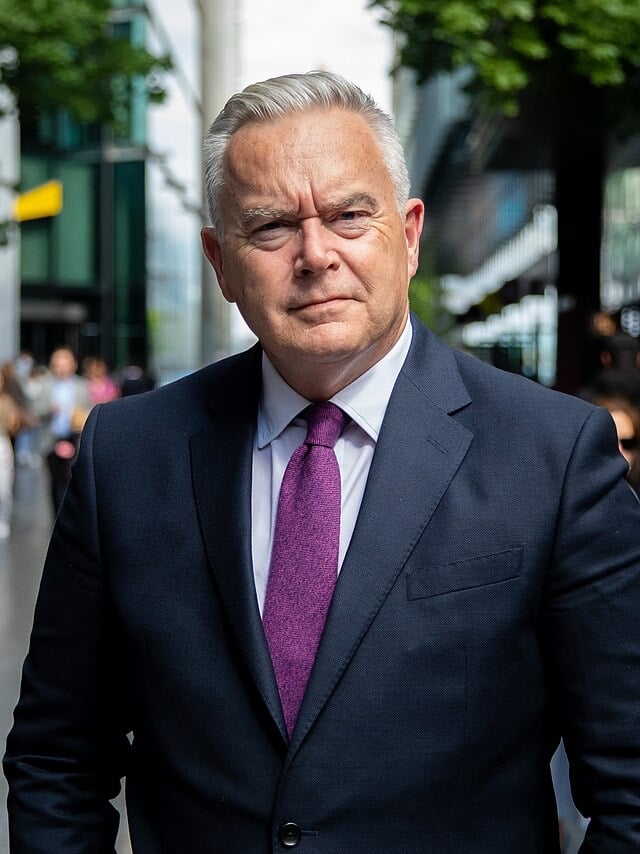The BBC is once again mired in scandal as shocking internal documents reveal the extent of its knowledge about former presenter Huw Edwards’ misconduct — and its attempts to conceal it. From overlooked complaints in 2012 to secret codenames shielding his arrest from staff, the newly uncovered “Huw Edwards dossier” paints a troubling picture of mismanagement, silence, and systemic failure within the UK’s national broadcaster.
This scandal comes less than a decade after the Jimmy Savile controversy, raising fresh questions about whether the BBC has truly learned the lessons of its past.
The First Complaint: 2012’s Missed Warning
In the wake of the Jimmy Savile revelations, a former BBC employee filed a formal complaint about Huw Edwards, citing concerning behavior reminiscent of the very culture the BBC vowed to clean up. The complaint, never disclosed to the public until now, was quietly dismissed without a thorough investigation.
The newly released files confirm that senior figures within the corporation were aware of this complaint but chose to sideline it—possibly to avoid a second scandal so soon after the first. Critics argue that this early failure to act may have emboldened Edwards and shielded him from future scrutiny.
The 2023 Arrest: Secrets Behind Closed Doors
In November 2023, Edwards was arrested under suspicion of possessing indecent images of children. Rather than inform its staff or the public, BBC executives referred to him in internal emails using cryptic codenames like “Finch” and “Redstart.”
While Director-General Tim Davie was aware of the arrest, his decision to limit knowledge to a handful of insiders has been widely condemned. It wasn’t until July 2024 that the public learned of the arrest, sparking outrage over the months of silence.
Whistleblowers have since revealed that internal discussions were deliberately vague to avoid leaks, and legal teams were placed on standby should the story break.
Continued Pay Despite Criminal Allegations
Perhaps most controversially, Edwards remained on the BBC payroll long after his arrest. He was paid over £200,000 during a suspension period, sparking public anger and accusations of financial mismanagement.
Though the BBC has requested repayment of these funds, reports suggest a large portion remains unrecovered. Critics argue that public money should not be used to support individuals under criminal investigation—especially when the charges involve child exploitation.
This financial aspect has prompted calls for independent auditing and stronger protocols for suspending or terminating contracts under similar circumstances.
Inside the BBC: Panic, Secrecy, and Distrust
The fallout within the BBC has been described as nothing short of a newsroom revolt. Journalists and producers expressed disbelief that they were kept in the dark about one of their own being under investigation for serious criminal offenses.
Leaks reveal frantic crisis meetings in which executives tried to strategize around potential media exposure, with some reportedly warning, “This could be worse than Savile.” Morale has plummeted, with multiple staff members calling for resignations at the top level.
One insider summed up the mood: “The BBC’s leadership is more interested in protecting reputations than pursuing truth. It’s a betrayal of the public and its own staff.”
Political Pressure Mounts
Culture Secretary Lisa Nandy has summoned BBC leaders to an urgent closed-door meeting to address their handling of the case. Members of Parliament from both sides of the aisle have demanded immediate transparency and reform.
In a statement, Nandy said: “The BBC is a publicly funded institution. The public deserves full accountability. We cannot allow another scandal to unfold in secrecy.”
This pressure may lead to formal investigations, policy overhauls, and potentially new legislation around media transparency and misconduct reporting within public organizations.



